In the heart of the Brazilian Amazon, the coronavirus poses a cruel dilemma for the natives: staying in the village with very little medical resources or going to town at the risk of being deprived of their ancestral funeral rites.
Lucita Sanoma felt this unimaginable pain on May 25, when her two-month-old baby was buried without her knowing it, 300 km from her village. A suspected case of Covid-19 with pneumonia, the infant died in a hospital in Boa Vista, capital of the state of Roraima (north-west). The burial, which follows a directive from the public authorities for health reasons, is totally contrary to the culture of the Yanomami.
According to their complex funeral rite, the remains are exposed in the forest, before the bones are cremated. The ashes are collected in an urn and, very long after, buried during a new ceremony.
The authorities " must understand and respect cultural issues, " said indigenous chief Mauricio Yekuana, who was outraged by the fate of Lucita and three other mothers who had experienced the same drama. " I want to bring my son's body back to the village, we need to cry it together, " said Lucita Sanoma to AFP.
Petite, head bowed, her long black hair falling on her shoulders, she tries to dry her tears while expressing her distress in her language, translated by an interpreter. " I brought my son to the hospital (...) and I have not seen him since they announced his death, " she says. Not being able to mourn in her community, according to her ancestral rites, " is a lack of respect, which affects the mother psychologically, " explains Junios Yanomami, president of the Yanomami Indigenous Health Council.
Lucita Sanoma has returned to her village in the Auaris region, near the Venezuelan border. But her baby's remains are still buried in a cemetery in Boa Vista, until justice decides whether she can be returned to her family.
" We are afraid "
For Mauricio Yekuana, this type of situation is due to public health policies which completely ignore the point of view of the natives. " The government just wants to impose its vision on the natives and then it uses them to try to give itself a good image, " he accuses. A call for donations was launched online by the Uniao Amazonia Viva collective to buy medical equipment, including respirators, to prevent sick people from going to town.
In the meantime, the villagers try as best they can to respect the physical distancing measures and wear protective masks. But their task has been made even more difficult by far-right president Jair Bolsonaro. He heavily watered down a law on Wednesday to provide indigenous people with access to healthcare and clean water.
Read also: Covid-19: in Brazil, Jair Bolsonaro caught by the "grippette"
Among the nearly 8,000 cases of Covid-19 recorded by the government among the natives, 186 are of the Yanomami people, who deplores four deaths out of the more than 180 registered in total. Most were contaminated in the city. " We are afraid, " admits Paulo, a cacique with a protective mask and dressed in a t-shirt and Bermuda shorts, leaning on an arrow as if it were a cane.
Invasion of artisanal gold miners
The army went last week to the natives of the Auaris region to bring them medicines and protective equipment. " Do not dare threaten our Amazon, " says one at the entrance to the military base where rapid tests of the Covid-19 are carried out. Next door, young natives play football on a vacant lot, despite the pouring rain. The secretary of the government to the indigenous Health estimates that the contamination in the villages is mainly due to displacement of the natives.
But for the Yanomami, who measure the distances in time of walking or navigation, the danger comes from outside, in particular clandestine gold washers who regularly intrude into their territories which extend over 96,000 km2
" Without that, we would be quiet, " concludes Mauricio Yekuana, whose white mask marks a strong contrast with the black of the jenipapo-based paints that cross his face.

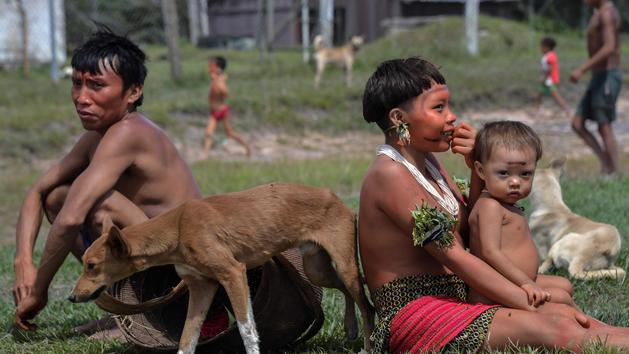
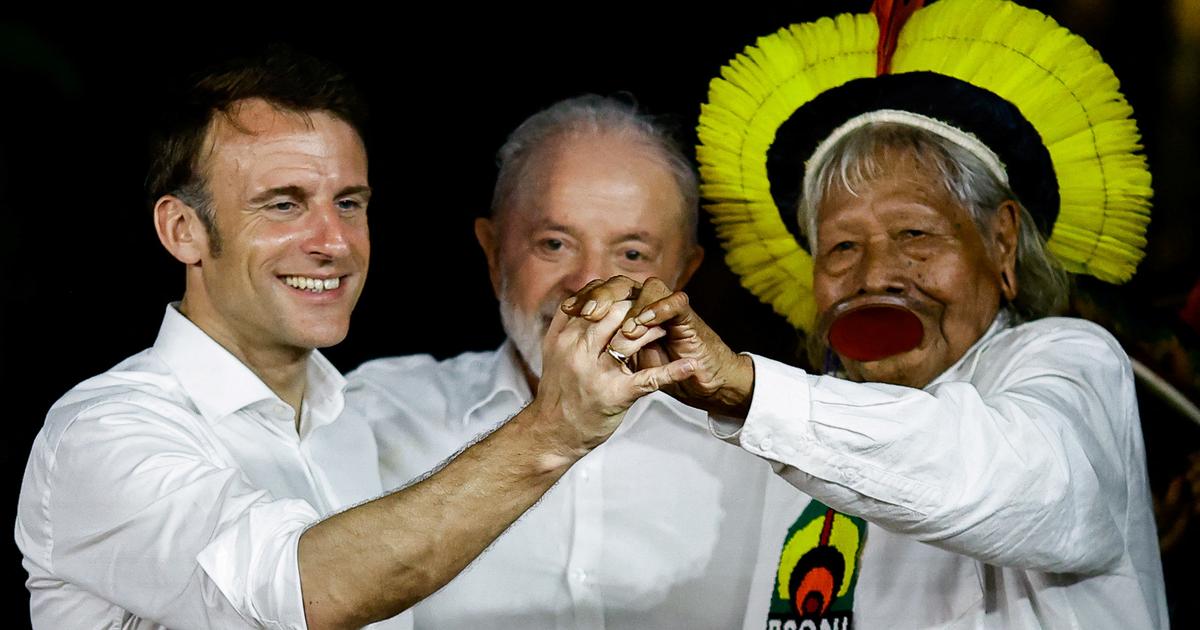
/cloudfront-eu-central-1.images.arcpublishing.com/prisa/XWDEWCZPBVCCDFB3VJU2TWK5PY.jpg)

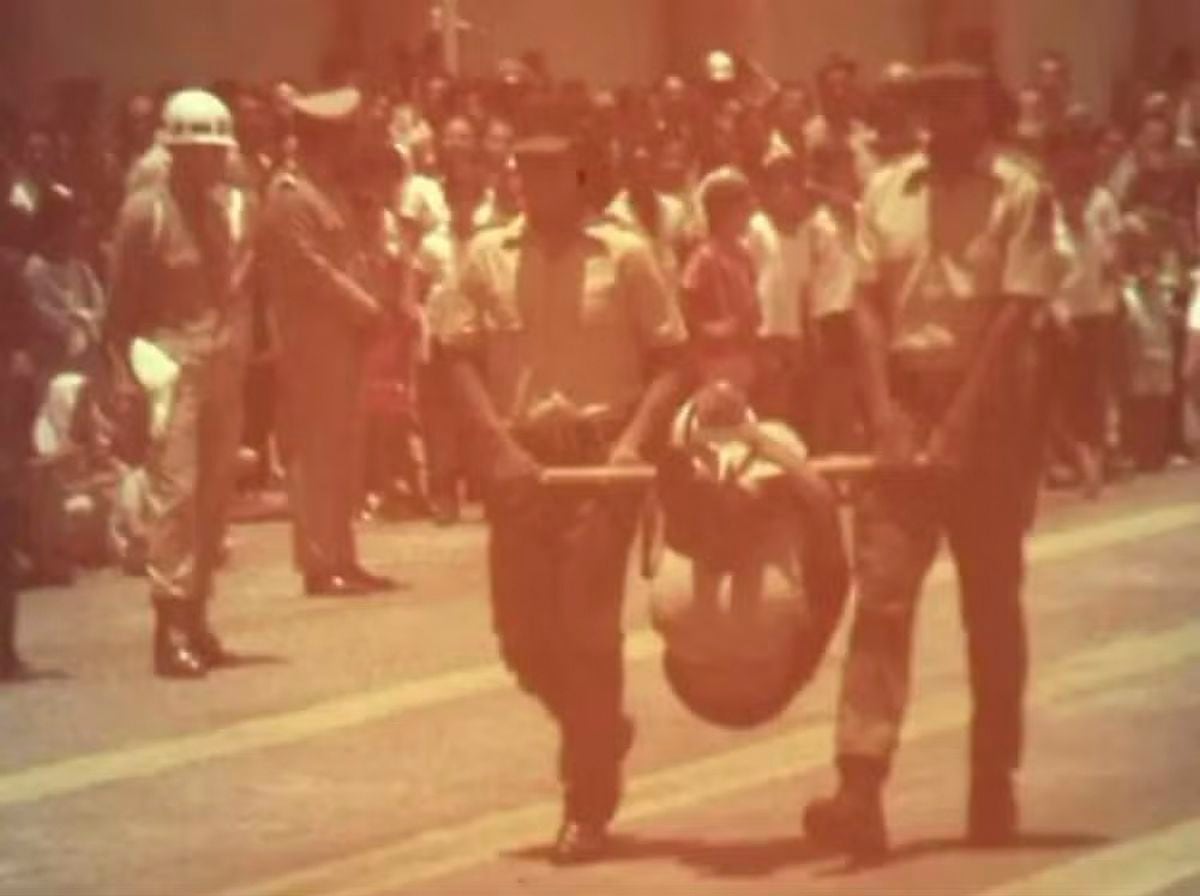
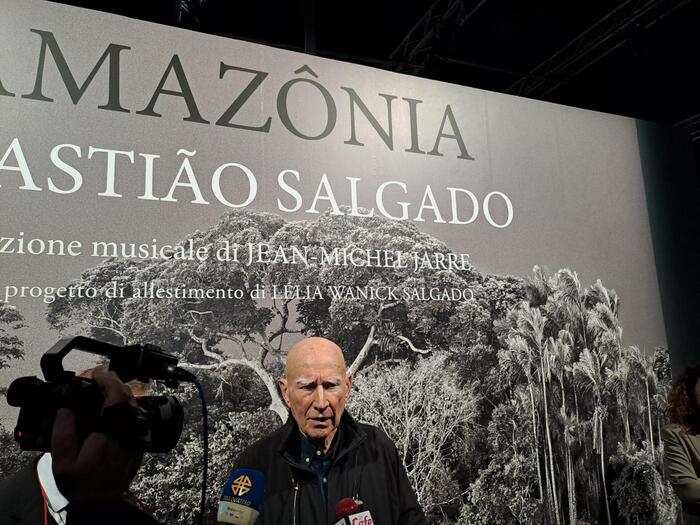
/cloudfront-eu-central-1.images.arcpublishing.com/prisa/ZP4NWHUN7JACK2UZSAHGHFED3E.jpg)

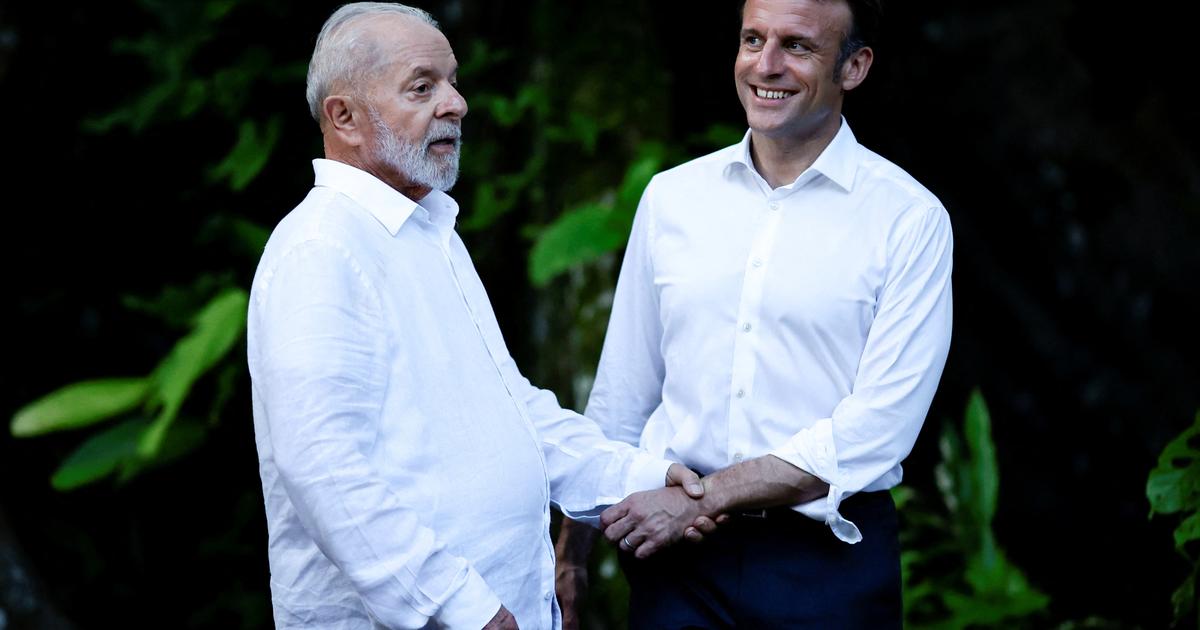



/cloudfront-eu-central-1.images.arcpublishing.com/prisa/KMEYMJKESBAZBE4MRBAM4TGHIQ.jpg)

